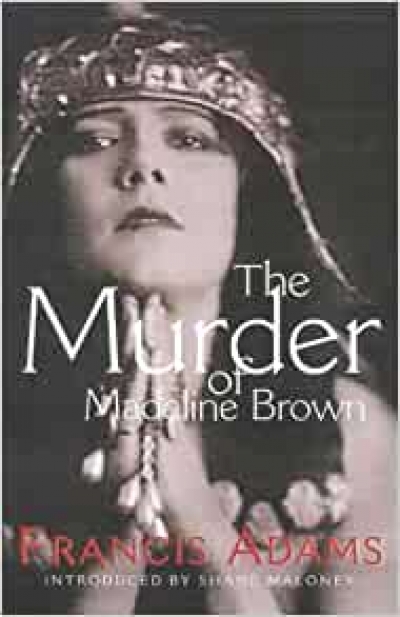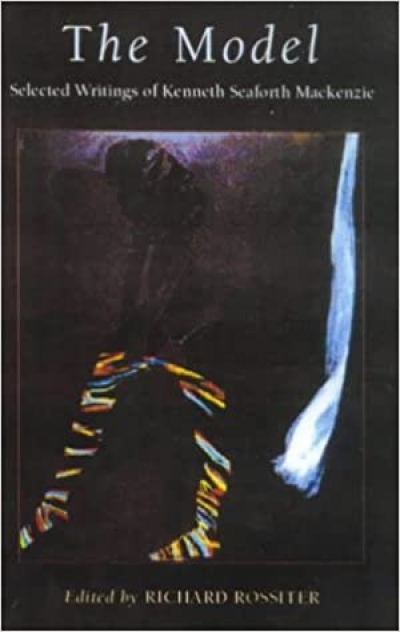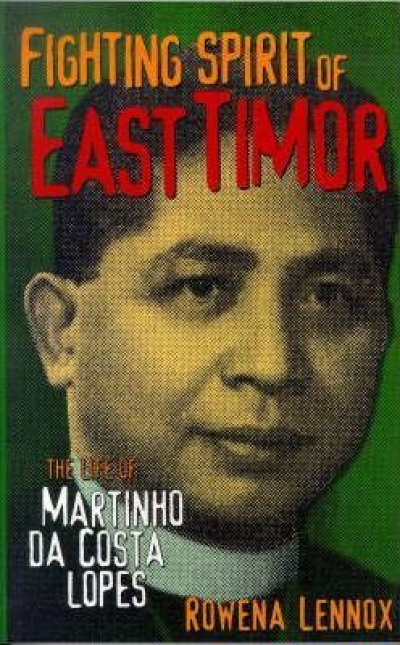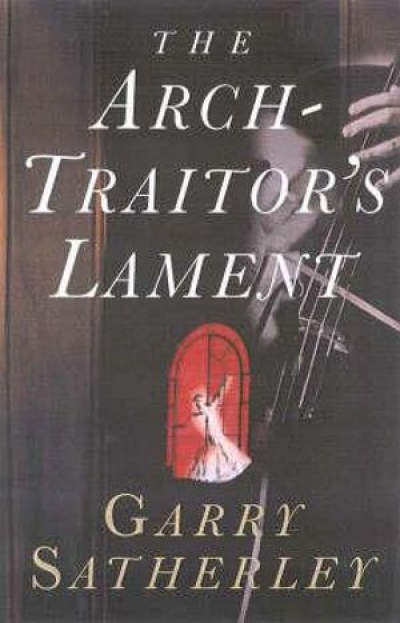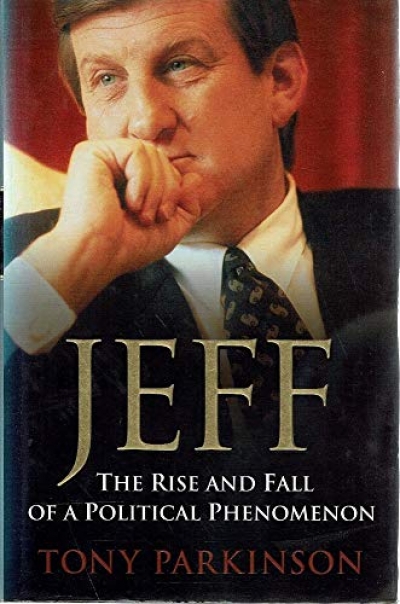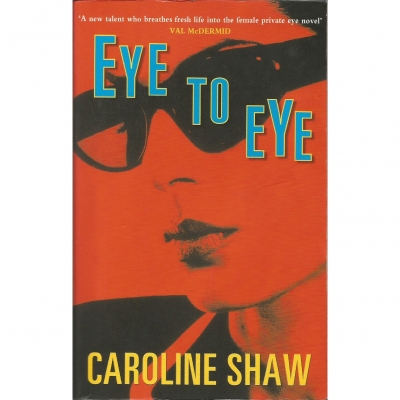Archive
The Model: Selected writings of Kenneth Seaforth Mackenzie edited by Richard Rossiter
by Thomas Shapcott •
The Fighting Spirit of East Timor: The life of Martinho da Costa Lopes by Rowena Lennox
by Richard Lunn •
Jeff: The rise and fall of a political phenomenon by Tony Parkinson
by Andrew Kaighin •
Cosy was the word Cassandra Pybus preferred when asked if Australian reviewing is too bland – the topic of this month’s symposium. Something intimate and specially friendly. In identifying the cosiness of some Australian reviewing, Pybus makes a telling point, if droll, certainly not excluding ABR from the offenders. I have to say that among the other responses were some that were bland, in a way that made me feel I have proved my point.
... (read more)
